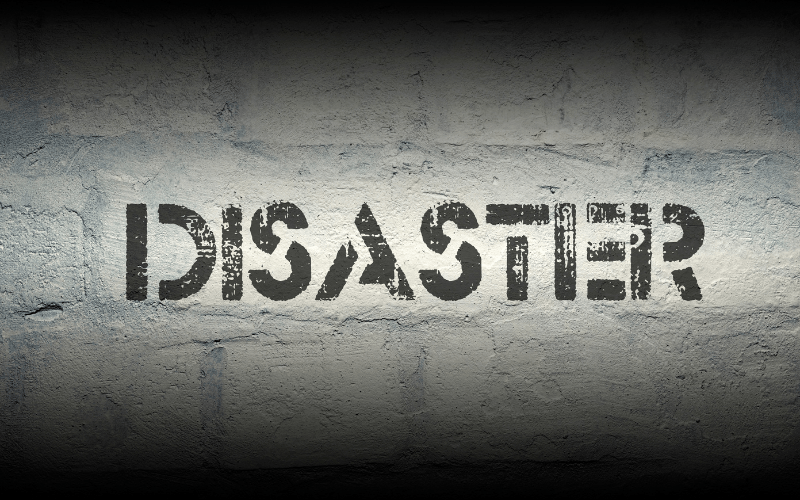Top 10 Tips for EMDR Therapists Working With Depression
Guest Blog Post by EMDRIA Member Rachael Miller, LCPC, NCC
1. Carefully Timed Cognitive Interweaves
Out of a desire to relieve the suffering of a client’s depression, it can be tempting to jump in too soon with cognitive interweaves to challenge negative cognitions or the depressed mood. Before doing so, make sure to spend enough time on etiological events, or it could exacerbate symptoms or result in a debate about the value of living.
2. Use Person-Centered Interventions
These techniques are focused on validation and mirroring. Depressed people struggle with feeling heard or understood in their outlook and emotions. Validate and seek to understand first before encouraging a client to focus on the positive.
3. Prioritize the Identification of the Client’s Negative Internal Dialogue
Research identifies that the use of EMDR therapy to treat clients with depression successfully includes focusing on the negative beliefs and self-talk driving the symptoms of depression. Listen for phrases like “People are better off without me” or “Things will never get better” (Gauhar, 2016).
4. Take Time on Source Material
After identifying the primary negative beliefs driving the current depression, use the Floatback technique to identify the etiological events and source materials for where these negative beliefs began and desensitize those first.
5. Live for the AIP Model
Adding in psychoeducation about the ways the mind draws conclusions based on the limited information available to us when negative events occur or the impact these events may have on the nervous system, particularly with down-regulation, significantly empowers the client and helps them better understand their responses and feelings.
6. Manage Provider Anxiety
Depressed clients can trigger anxiety in the provider related to safety, liability, care, and concern. However, the provider should be cautious not to choose interventions or navigate the treatment based on that anxiety as it will take away from the provider’s ability to recognize client needs.
7. Use a Neutral to Upbeat Tone of Voice
When clients feel helpless, a provider who exudes confidence can be a source of hope. Be careful not to overwhelm the client by being overly upbeat which could skirt toxic positivity. Instead, remain neutral and confident (Ford & Mauss, 2013).
8. Label Grief Where Appropriate
Unprocessed grief can be a significant source of depression for a client. Commonly, clients may not realize their need to grieve or may need help identifying grief and learning how it can affect mood.
9. Add in Body Movement
Somatic movement can help improve communication in the nervous system. Using body movement during BLS activity can improve the rate of desensitization, spontaneous new connections, and increase endorphins (Zhang & Chen, 2018).
10. Empower Through Resourcing
Use resourcing interventions that include skill-building on coping with or tolerating depressed feelings. It is best to spend increased time on this with telehealth clients since the provider is not physically present. Empowering them with skills to practice between sessions creates safety and encourages hope.
References
Ford, B., & Mauss, I. (2013). The paradoxical effects of pursuing positive emotion. In J. Gruber & J. T. Moskowitz (Eds.), Positive emotion: Integrating the light sides and dark sides (pp. 363–382). Oxford University Press
Gauhar, Y. W. (2016). The efficacy of EMDR in the treatment of depression. Journal of EMDR Practice and Research, 10(2), 59–69. Open access: https://doi.org/10.1891/1933-3196.10.2.59
Zhang, Z., & Chen, W. (2018). A systematic review of the relationship between physical activity and happiness. Journal of Happiness Studies, 20(4), 1305–1322. https://doi.org/10.1007/s10902-018-9976-0
Rachael Miller is a board-certified professional counselor currently working as the managing director of clinical and health innovations at Impact Alchemy and the owner and clinical director of Chicago Counseling and Virtual Therapy Clinic, and serving on the EMDRIA Board of Directors.
Miller specializes in the education and treatment of trauma recovery through the development of programs and seminars for lay and professional populations. She works internationally, developing strategic partnerships to promote cultural competence in psychotraumatology and neuropsychosocial interventions for social change.
She has worked and taught in both non-profit organizations and private practice settings, including the director of child and family services, the manager of public relations, and as an adjunct professor at Loyola University in Chicago, Illinois and Wesley Institute in Sydney, Australia.
Miller originally trained with the Humanitarian Assistance Program in 2015 and is now EMDR Certified and an EMDR Approved Consultant. It remains her primary modality and serves as a foundation for all her work including the AIP model for conceptualization on micro and macro levels, as well as, the EMDR protocol for individual psychotherapy sessions.
Back to Focal Point Blog Homepage
Additional Resources
If you are a therapist interested in the EMDR training:
- Learn more about EMDR at the EMDRIA Library
- Learn more about EMDR Training
- Search for an EMDR Training Provider
- Check out our EMDR Training FAQ
If you are EMDR trained:
- Check out EMDRIA’s Let’s Talk EMDR Podcast
- Check out the EMDRIA blog, Focal Point
- Learn more about EMDRIA membership
- Search for Continuing Education opportunities
If you are an EMDRIA Member:
Date
March 7, 2022
Contributor(s)
Rachael Miller
Topics
Depression






